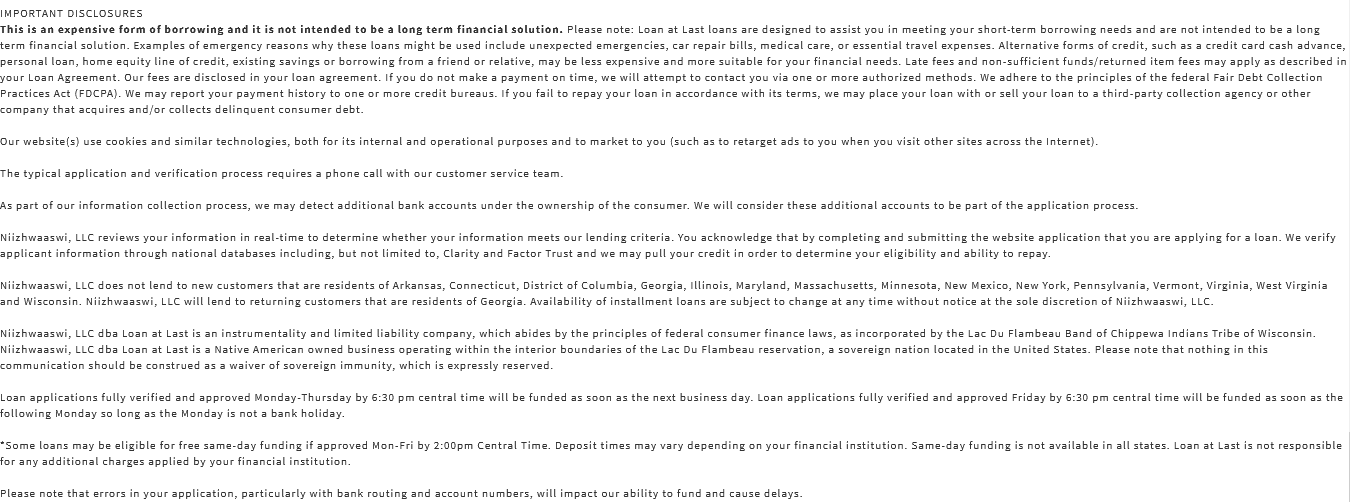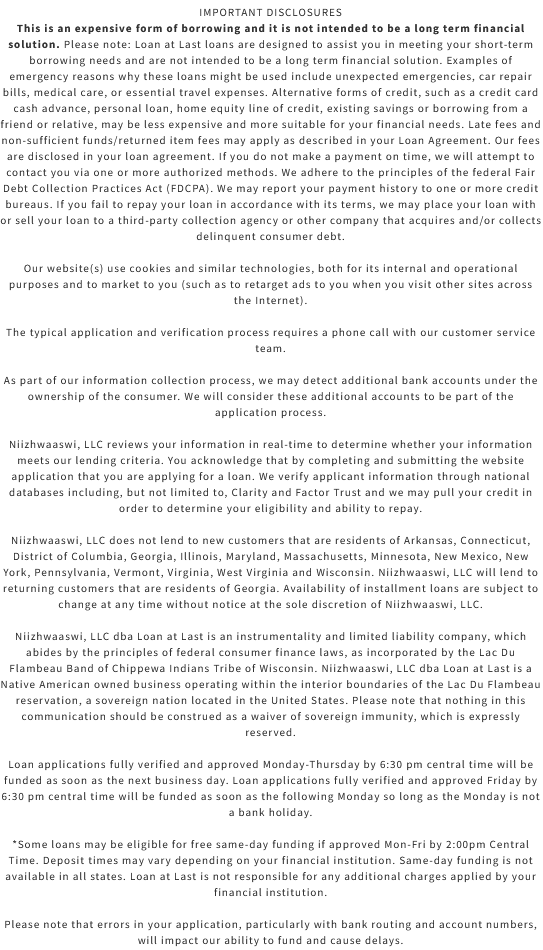Let’s face it, we are not all financial gurus or have a master’s degree in finance. We go to work every day in our chosen profession and work hard. However, we are constantly making financial decisions. Unless you are born rich, you will probably need to obtain a loan at some point in your life. One of the most confusing items for consumers in the loan process is understanding the Annual Percentage Rate or APR. We hear it all the time but what does APR really mean and how does it affect you?
The APR is a measure of the cost of credit, expressed as a yearly rate that relates the amount and timing of value received by the consumer to the amount and timing of payments made.
If you were to borrow money for a year, the APR would tell you how much it would cost you.
If you are looking to borrow money for less than a year, why do lenders quote you the APR?
Lenders are required by the Truth in Lending Act to disclose the APR on all loans less than $25,000. The Truth in Lending Act was designed to help consumers shop for loans. Lenders are required to disclose the APR so consumers can compare different lenders and know how much they will be paying on a loan if it was outstanding for a year. Just like gas stations need to display their prices in gallons, lenders need to quote their loans in terms of APR.
Your APR can vary based upon a number of factors including:
- Timing of your payments (bi-weekly, monthly, weekly, etc.)
- How much time there is between when you get your loan and your first payment
- Length of the loan
When you are comparing loans from lending make sure all the factors are the same.
Why does the APR vary from lender to lender?
Different lenders may charge different interest rates. Part of the reason the APRs vary is because some lenders include fees like origination fees, points, and other charges. You should make sure you are comparing loans beginning on the same date and the timing of the first payment and length are similar. One day can make a huge difference on shorter term loans. You should also make sure you review the terms and conditions of your loan prior to signing the documents (lenders are required to disclose all their fees upfront).
What happens if I pay my loan off early?
Let’s say you got a $500 loan with a payment period of six months. Today, you just got a bigger than expected bonus and you can afford to pay off the loan. If you pay off your loan early, you will be not be paying the interest for the remaining time of the loan. Simply put, if you pay early, you save money! However, make sure you check with your lender as some lenders will impose a prepayment penalties which will reduce your savings.
So how does all this affect you and your loan at Loan@Last?
Loan@Last displays a sample of a typical loan clearly on our website. Click here to see an example of a typical loan.
Here are the key points:
- Loan@Last will never charge you a penalty to pay off your loan early (in fact, you are encouraged to pay off your loan early!).
- Loan@Last’s friendly representatives will go over the terms of your loan to make sure you understand when you payments are due and the loan amounts.
- Loan@Last loans do not include any hidden fees or charges.
If you ever have any questions about your loan, you can call us at 844-676-8550 and we will be happy to answer your questions. Loan@Last wants you to know the facts! Apply for an installment loan online in the convenience of your home at loanatlast.com.



